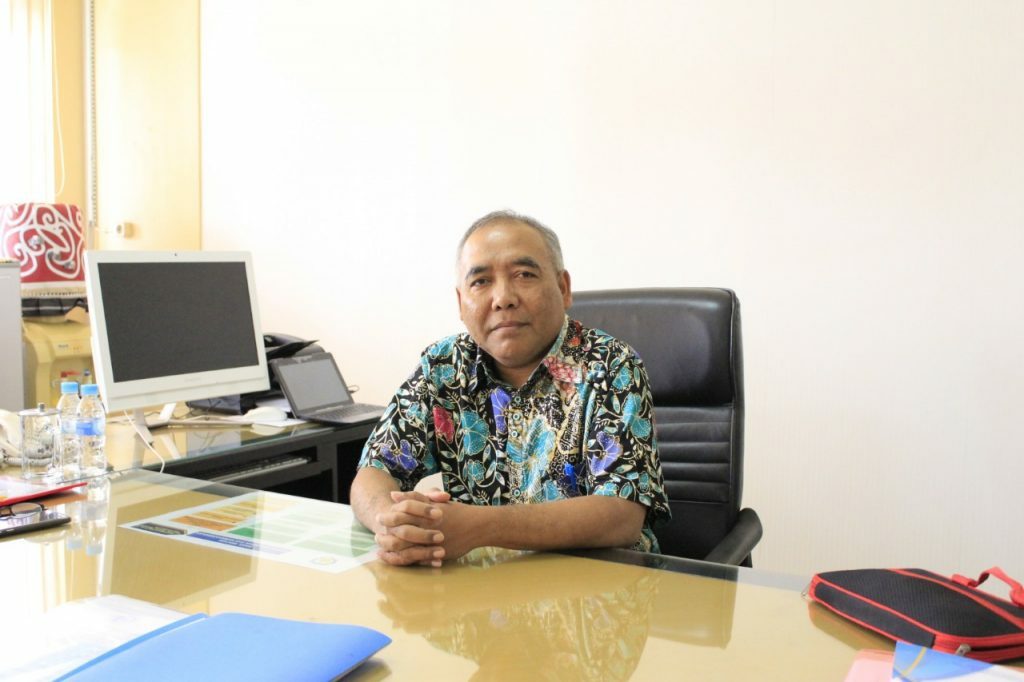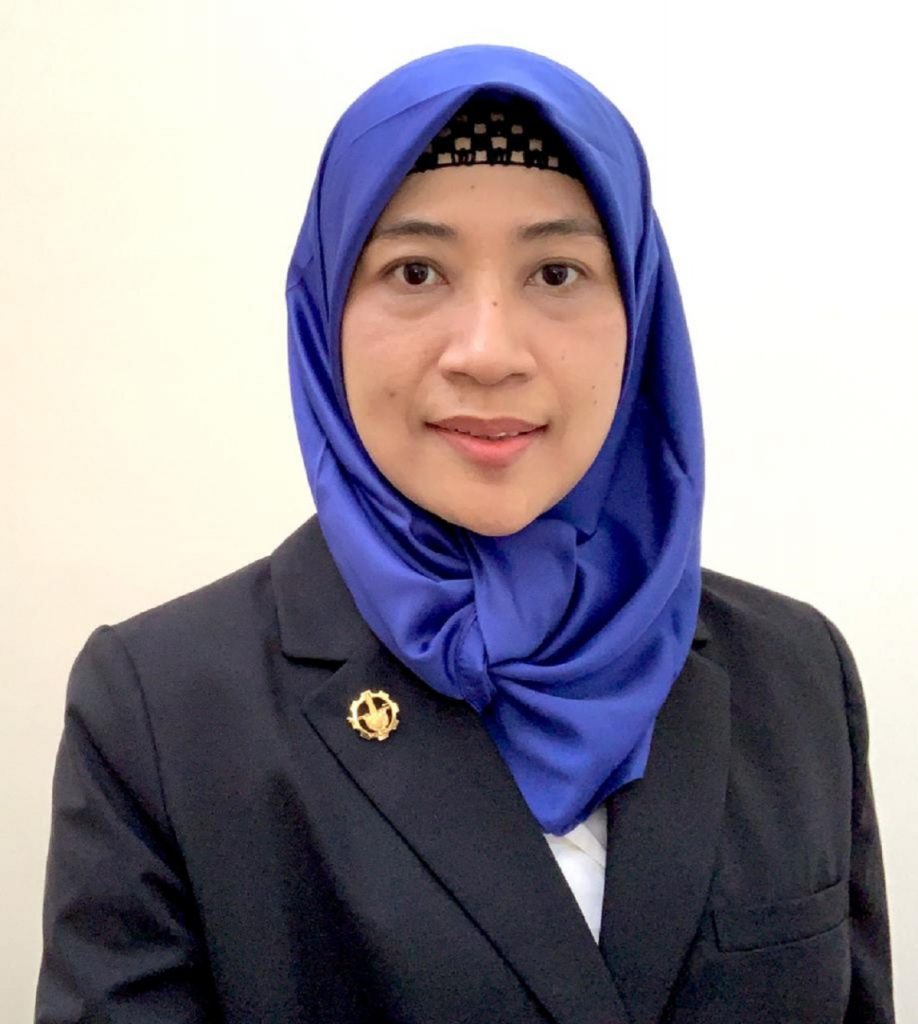ITS Forms Offshore Engineering and Food Engineering Study Programs

Front gate of Institut Teknologi Sepuluh Nopember (ITS) Campus
ITS Campus, ITS News – Indonesia is a country known for its rich natural resources. In order to support its utilization to the fullest, Institut Teknologi Sepuluh Nopember (ITS) opened two new undergraduate (S1) study programs, the Offshore Engineering Study Program that is under the Department of Ocean Engineering and the Food Engineering Study Program which is under the Department of Chemical Engineering.
ITS Vice Rector I for Academic and Student Affairs Prof. Dr. Ir Adi Soeprijanto MT explained, the two new study programs were formed because of the different knowledge from the new study programs in each of these departments. Also, ITS already has expert lecturers in each of the new study programs.
Adi revealed, the two new study programs plan to start accepting new students in the 2021/2022 period, but only through the Seleksi Kemitraan dan Mandiri (SKM) admission route. “This is because the process of forming the two study programs is still ongoing,” he admitted.

Vice-Rector I for Academic and Student Affairs ITS Prof. Dr. Ir Adi Soeprijanto MT
Adi said that offshore engineering graduate students are expected to be able to design fixed offshore structures and floating offshore structures as well as sub-sea facilities based on engineering principles by considering standards, code, rules, regulation and recommended practice.
According to him, this will greatly support Indonesia in utilizing the potential of offshore natural resources, such as gas, petroleum, and minerals. Also, 70 percent of Indonesia’s potential for oil and gas is in the ocean. “So hopefully, the demand for experts in the field of Offshore Engineering in Indonesia can be met in the future,” said this professor of Electrical Engineering.
Meanwhile, ITS Education Director Dr. Eng Siti Machmudah ST MEng explained, the Food Engineering Study Program will study the processing of raw materials into food products. And will learn the basics related to food science and the design of the food industry process. Students will be equipped with the ability to produce food products efficiently, design food production processes, and commercialize their products.
According to the lecturer who is often called Machmudah, the difference between the Chemical Engineering Study Program and the Food Engineering Study Program is the concentration on the fields of food science and food technology. Whereas in the Chemical Engineering Study Program, food science and food technology are given only as a minor subject or as a choice of interest. “So far, the Chemical Engineering Study Program has only studied food science intensively by students who are doing research on that topic,” said the Chemical Engineering lecturer.

ITS Education Director Dr Eng Siti Machmudah ST MEng
This Food Engineering Study Program was formed as an effort to implement Indonesia towards a society with strong food security. This will make the potential of Food Engineering Study Program graduates in the working world larger. “Moreover, Indonesia has many companies related to food and beverages, both state-owned companies (BUMN), national and multinational private companies,” she said. (sof/nadh/ITS Public Relations)
Related News
-
ITS Lecturer Introduces Madurese Culture to the International Stage
ITS Campus, ITS News — Continuing to show local wisdom to the world community, this time a lecturer from the Department
February 03, 2021 16:02 -
ITS Researchers Remind TKDN is Crucial for Economic Independence
ITS Campus, ITS News — The Domestic Component Level (TKDN) is the key to restoring the glory of the Indonesian
February 03, 2021 16:02 -
Strengthening Quality Education, ITS Professor Develops Adaptive Technology for Students
ITS Campus, ITS News — Differences in students’ abilities in understanding lessons are often a challenge for teachers in the classroom.
February 03, 2021 16:02 -
ITS Graduates Create Reverse Logistics Model for PET Plastic Waste Recycling
ITS Campus, ITS News — Doctoral graduate from the Department of Industrial and Systems Engineering, Sepuluh Nopember Institute of Technology (ITS) Dr. Yuniar
February 03, 2021 16:02
